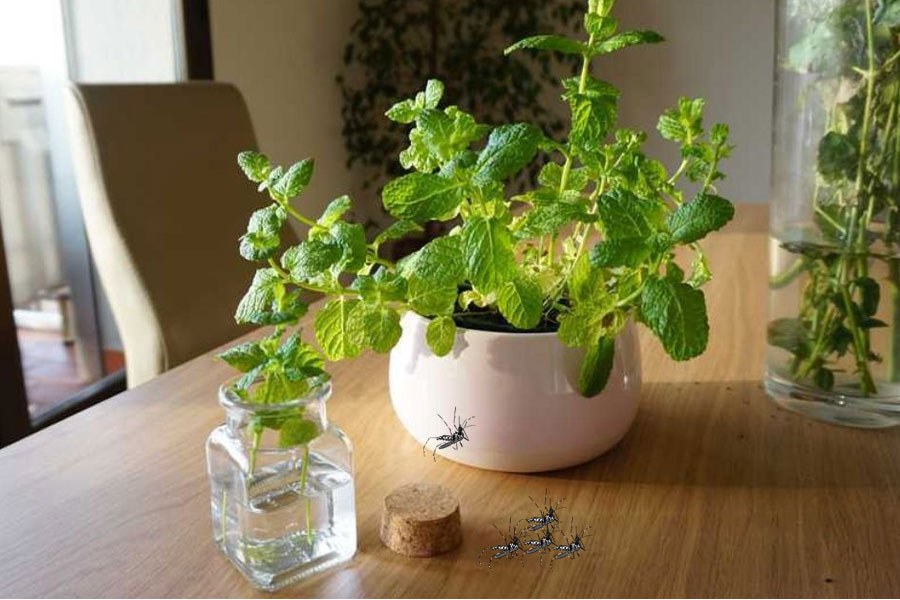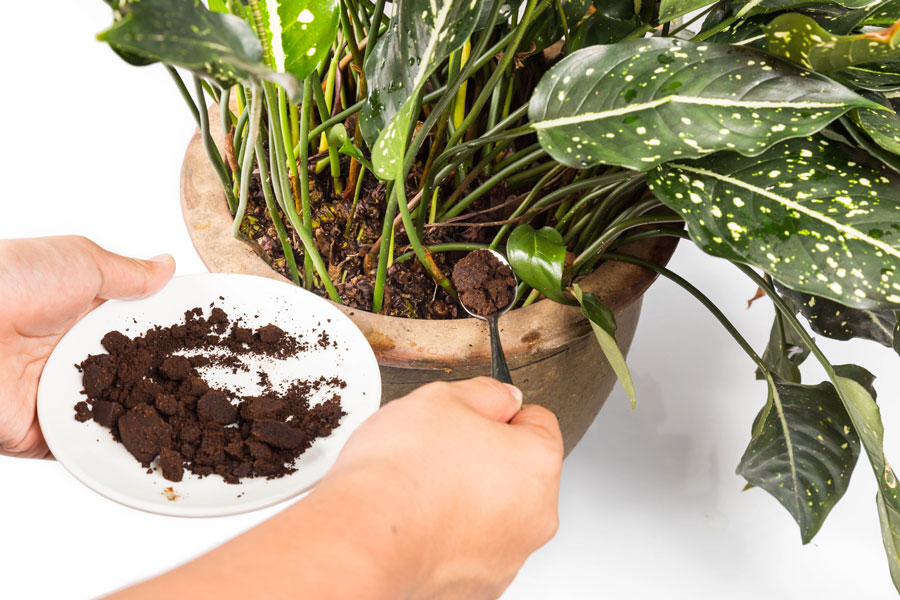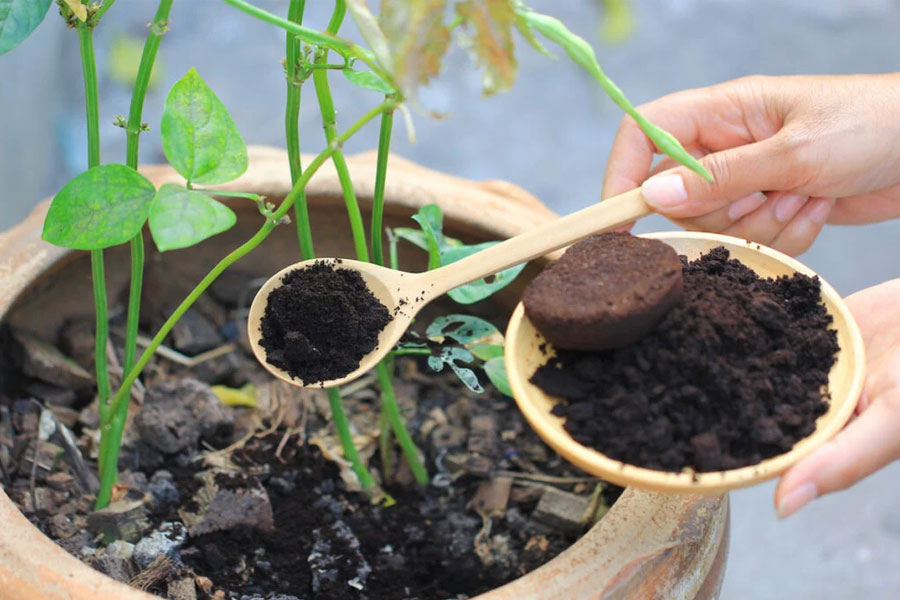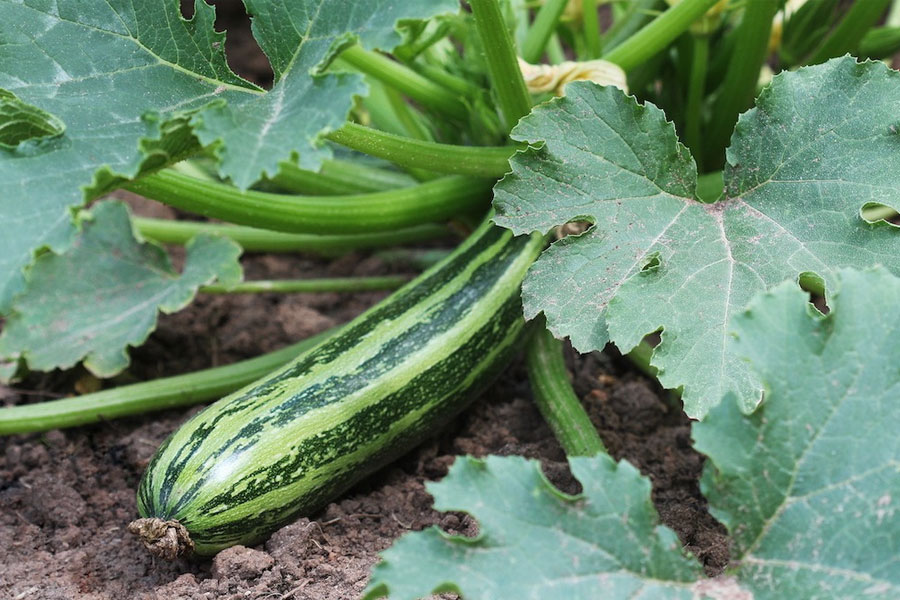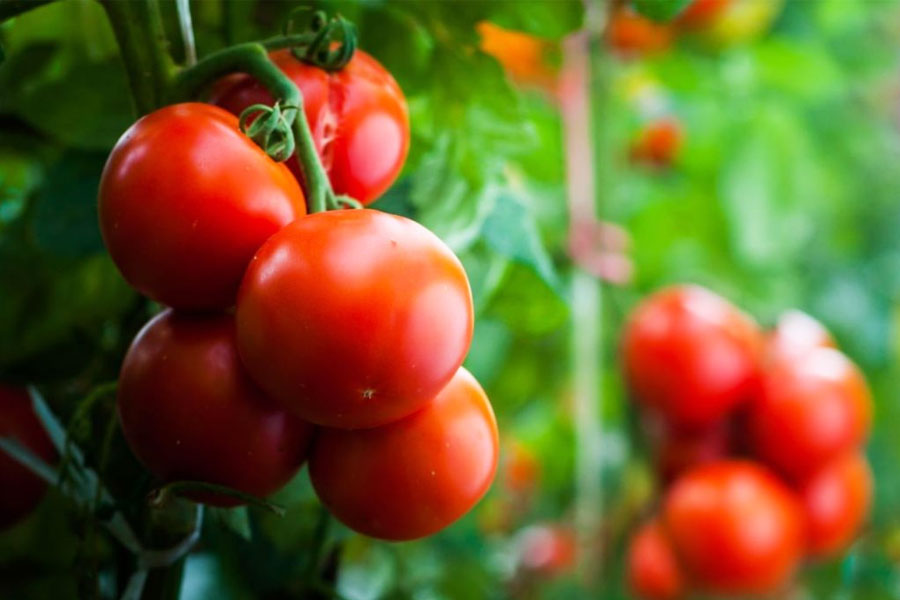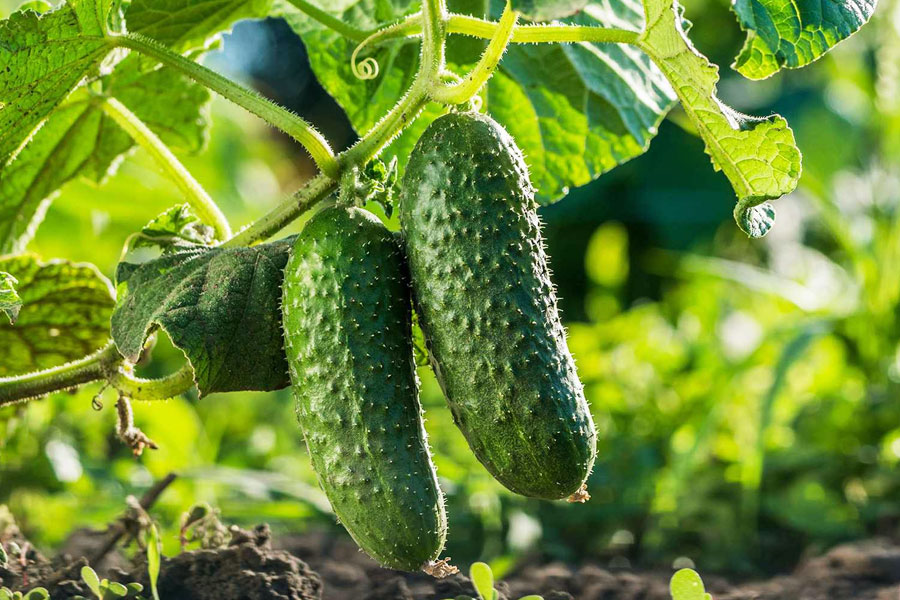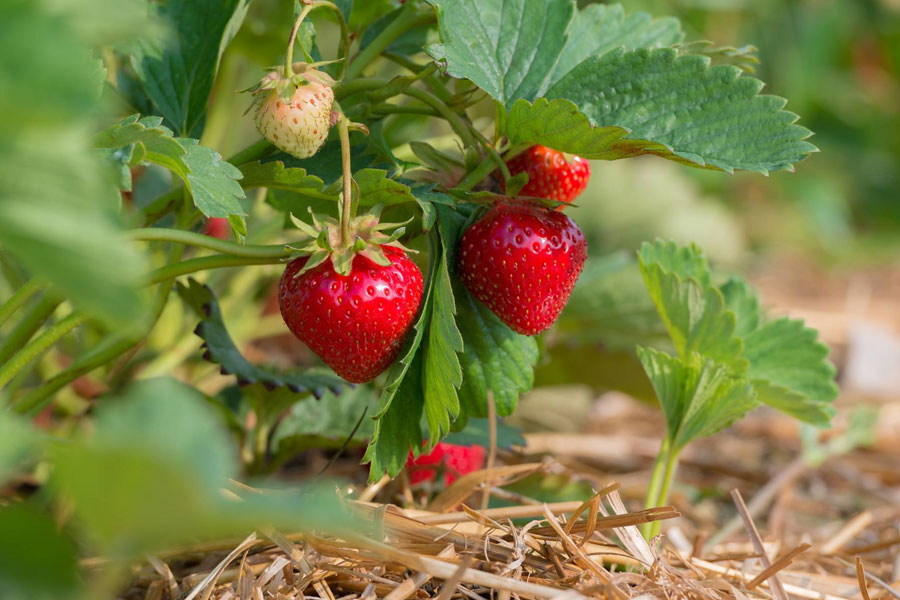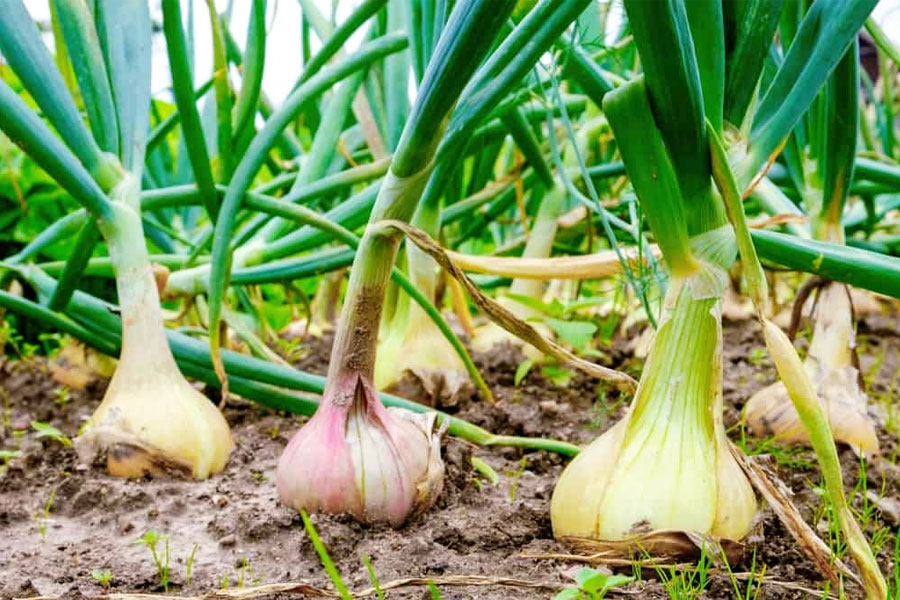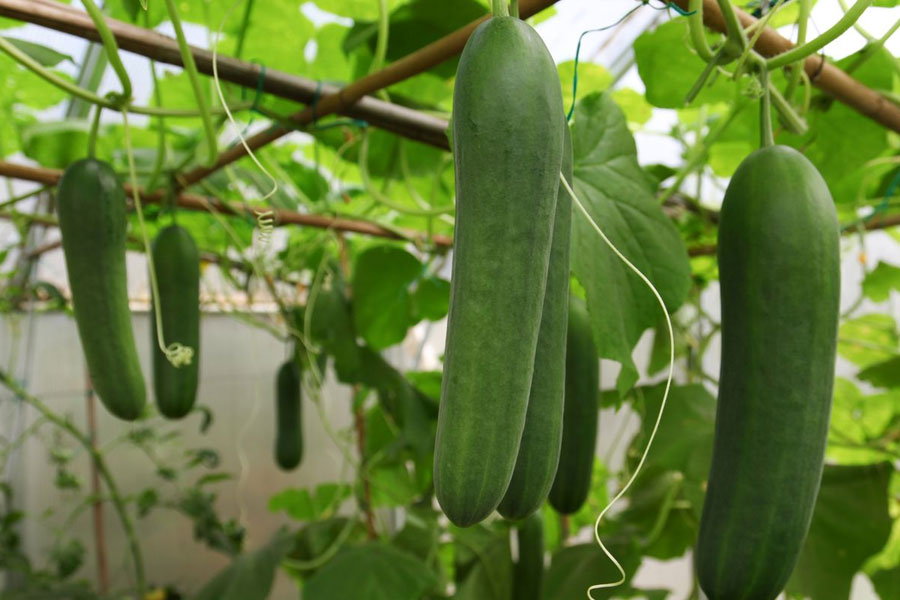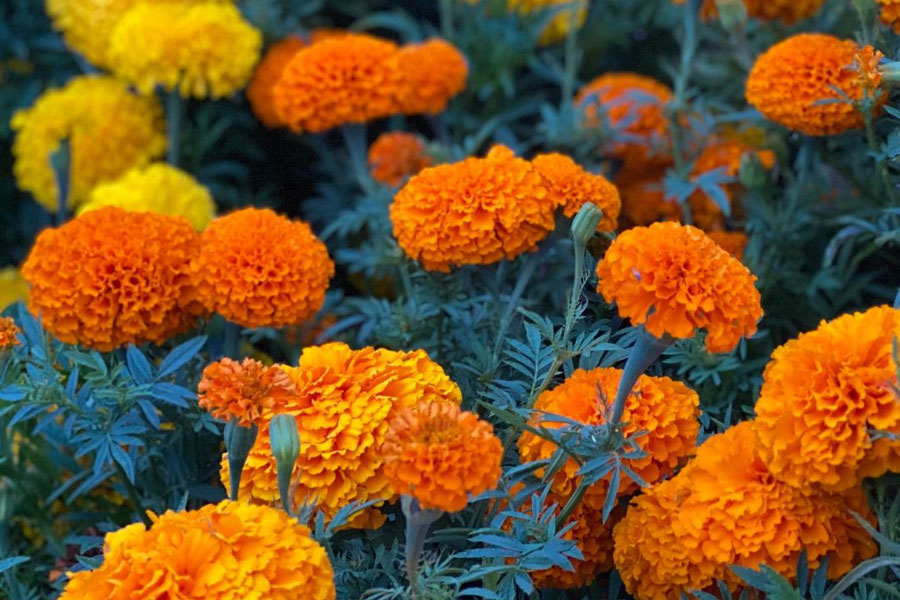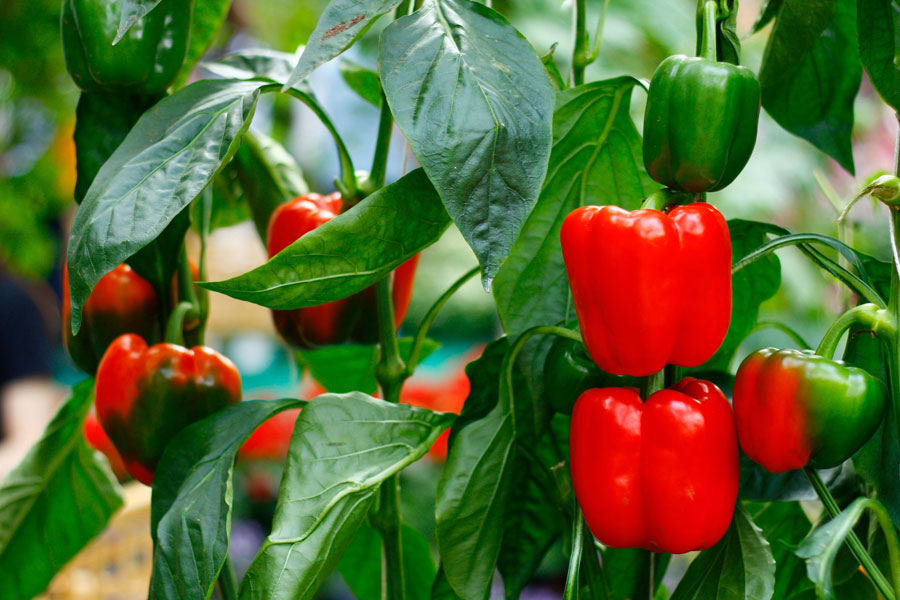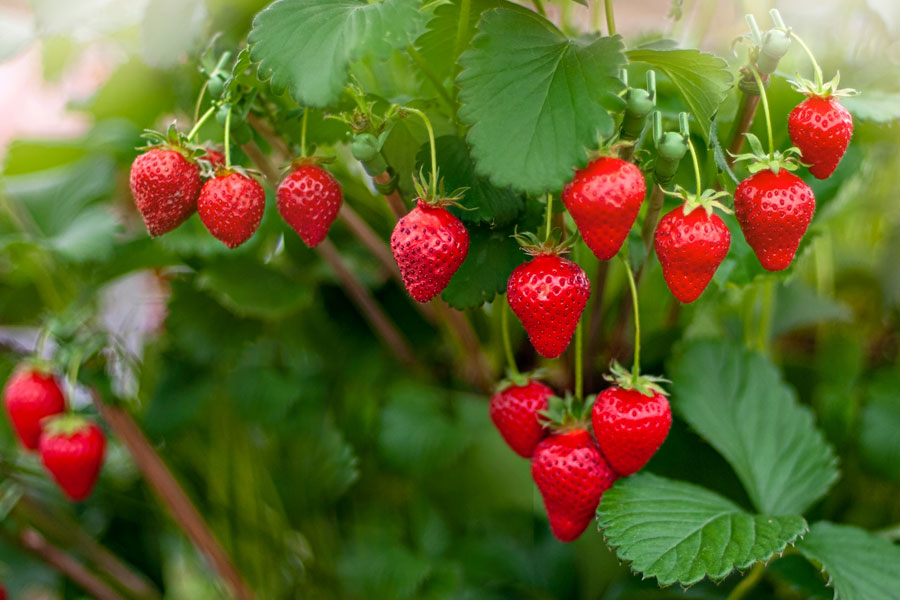
Companion planting is an ancient agricultural practice that involves growing different plants together to enhance growth, repel pests, attract beneficial insects, and improve soil health. For peppers, companion plants can provide a range of benefits, making them more productive and resilient. This method helps create a balanced ecosystem, reduces the need for chemical pesticides, and maximizes garden space. Understanding the synergistic relationships between plants is crucial for a successful garden.
What are the Benefits of Companion Planting?

Companion planting is a gardening technique that involves planting different crops together in a way that benefits both the plants. There are many benefits to this gardening technique, including:
1. Pest Controls
Certain plants can deter pests that bother other plants. For example, strong-smelling herbs like mint and rosemary can repel aphids and other insects. Marigolds are another great companion plant, as they deter nematodes, whiteflies, and squash bugs.
Top 20 Companion Plants for Peppers
1. Basil

Basil is a popular companion plant for peppers due to its pest-repelling properties. It emits a strong aroma that deters aphids, spider mites, and mosquitoes. Basil also enhances the flavor of peppers and other nearby plants. Its lush foliage provides ground cover, helping to retain soil moisture and reduce weed growth. Additionally, basil attracts pollinators, which can improve fruit set and yield.
2. Marigold

Marigolds are well-known for their ability to repel nematodes, which can cause significant damage to pepper roots. Their bright flowers attract beneficial insects like ladybugs and hoverflies that prey on common pepper pests. Marigolds also produce chemicals that suppress soil-borne pathogens, promoting healthier growth for peppers. Planting marigolds around the perimeter of your pepper patch can create a protective barrier against a variety of pests.
3. Onions

Onions are excellent companions for peppers as their pungent aroma deters many insect pests. They can help repel aphids, beetles, and other pests that target peppers. Onions also have shallow root systems, making them ideal for interplanting without competing for nutrients or water. The presence of onions can improve the overall health of pepper plants by reducing pest infestations and promoting vigorous growth.
4. Garlic

Garlic is another member of the allium family that benefits peppers. Its strong scent acts as a natural deterrent to pests like aphids, spider mites, and certain fungi. Garlic also releases sulfur compounds into the soil, which have natural fungicidal properties, helping to protect peppers from soil-borne diseases. Interplanting garlic with peppers can create a healthier growing environment and reduce the likelihood of pest and disease problems.
5. Nasturtium

Nasturtiums are an excellent trap crop for peppers. They attract aphids, diverting these pests away from the peppers. Nasturtiums also deter whiteflies and squash bugs. Their vibrant flowers attract pollinators and beneficial insects, enhancing overall garden biodiversity. Additionally, nasturtiums are edible and can be used in salads, providing a dual-purpose benefit in the garden.
6. Spinach

Spinach is a great companion plant for peppers as it matures quickly and provides ground cover, helping to retain soil moisture and suppress weeds. Its shallow root system does not compete with peppers for nutrients. Spinach can also help shade the soil, keeping it cooler and promoting better pepper growth in hot climates. Harvesting spinach before it bolts can provide a continuous source of fresh greens while benefiting pepper plants.
7. Lettuce

Lettuce is another fast-growing, shallow-rooted plant that works well with peppers. It provides ground cover, reducing weed competition and maintaining soil moisture. Lettuce can be harvested throughout the growing season, making it an excellent crop for succession planting with peppers. Its presence can also help create a more humid microenvironment, which is beneficial for pepper growth.
8. Carrots

Carrots make excellent companions for peppers due to their deep root system, which helps to aerate the soil. This can improve drainage and prevent soil compaction around pepper roots. Carrots also release natural compounds that can deter pests like root-knot nematodes. Growing carrots alongside peppers can lead to healthier soil and better overall plant health.
9. Beans

Beans, especially bush beans, are beneficial for peppers as they fix nitrogen in the soil, enriching it with essential nutrients. This symbiotic relationship enhances pepper growth and yields. Beans can also provide some shade for young pepper plants, protecting them from intense sunlight. Their dense foliage can help suppress weeds and maintain soil moisture, creating a more favorable growing environment for peppers.
10. Peas

Peas, like beans, are nitrogen-fixing plants that improve soil fertility. They can be grown as a cover crop or interplanted with peppers to enhance soil health. Peas also provide some shade, which can be beneficial in hot climates. Their vines can create a natural trellis for peppers, offering support and reducing the risk of disease by improving air circulation around the plants.
11. Dill

Dill attracts beneficial insects like ladybugs, parasitic wasps, and hoverflies, which prey on aphids and other pests that attack peppers. Its aromatic foliage can also repel certain pests. Dill’s deep root system helps to improve soil structure and nutrient availability. Planting dill near peppers can create a more balanced and pest-resistant garden ecosystem.
12. Cilantro

Cilantro is a great companion for peppers due to its pest-repelling properties. It attracts beneficial insects like hoverflies and predatory wasps, which help control aphid populations. Cilantro also improves soil health by adding organic matter as it decomposes. Growing cilantro near peppers can enhance overall garden biodiversity and reduce pest pressures.
13. Parsley

Parsley attracts beneficial insects such as ladybugs and parasitic wasps, which can help control pest populations around pepper plants. Its dense foliage provides ground cover, reducing weed growth and retaining soil moisture. Parsley’s root system also helps improve soil structure and nutrient availability. Planting parsley near peppers can enhance garden biodiversity and promote healthier plants.
14. Radish

Radishes are fast-growing root vegetables that can help break up compacted soil, improving drainage and root penetration for peppers. They can also act as trap crops for pests like flea beetles, diverting them away from peppers. Radishes mature quickly, allowing for multiple harvests throughout the growing season. Their presence can improve soil health and reduce pest pressures on pepper plants.
15. Swiss Chard

Swiss chard is a versatile companion plant for peppers. Its broad leaves provide ground cover, helping to retain soil moisture and suppress weeds. Swiss chard also attracts beneficial insects and provides shade for young pepper plants. Its deep root system improves soil structure and nutrient availability. Growing Swiss chard with peppers can create a healthier and more productive garden environment.
16. Beets

Beets are beneficial companions for peppers due to their deep root system, which helps to improve soil structure and drainage. They can also provide ground cover, reducing weed competition and retaining soil moisture. Beets add organic matter to the soil as they decompose, enhancing soil fertility. Their presence can improve overall garden health and promote vigorous pepper growth.
17. Eggplant

Eggplants are in the same family as peppers (Solanaceae) and share similar growing requirements. They can help create a diverse planting area that confuses pests specific to this plant family. Eggplants also attract beneficial insects that prey on common pepper pests. Growing eggplants with peppers can enhance biodiversity and reduce pest pressures, leading to healthier plants.
18. Borage

Borage is known for attracting pollinators and beneficial insects like bees and ladybugs, which can improve pepper pollination and pest control. Its deep taproot helps to break up compacted soil and improve nutrient availability. Borage also releases minerals like calcium into the soil as it decomposes. Planting borage near peppers can create a more balanced and productive garden ecosystem.
19. Oregano

Oregano is an aromatic herb that repels many common garden pests, including aphids and spider mites. Its dense foliage provides ground cover, reducing weed growth and retaining soil moisture. Oregano also attracts beneficial insects that help control pest populations. Growing oregano near peppers can enhance garden biodiversity and promote healthier plants.
20. Sunflowers

Sunflowers make excellent companions for peppers by providing shade and acting as a natural trellis. Their tall stems can protect pepper plants from harsh sunlight and wind. Sunflowers also attract pollinators and beneficial insects, which can improve fruit set and pest control. Their deep roots help to improve soil structure and nutrient availability. Planting sunflowers near peppers can create a more supportive and productive garden environment.
Frequently Asked Questions
1. What are the best companion plants for peppers?
Basil, marigolds, onions, garlic, and nasturtiums are some of the best companion plants for peppers, offering pest control, soil improvement, and enhanced growth.
2. How do companion plants benefit pepper growth?
Companion plants deter pests, attract beneficial insects, improve soil fertility, and provide shade or support, leading to healthier and more productive pepper plants.
3. Can companion planting reduce the need for pesticides?
Yes, companion planting can naturally repel pests and attract beneficial insects, reducing the reliance on chemical pesticides and promoting organic gardening practices.
4. What plants should not be grown with peppers?
Avoid planting peppers with fennel, brassicas (like broccoli and cabbage), and corn, as they can compete for nutrients or attract pests that harm peppers.
5. How does companion planting improve soil health?
Companion plants like beans and peas fix nitrogen in the soil, while others like carrots and beets improve soil structure and drainage, enhancing overall soil health for peppers.

